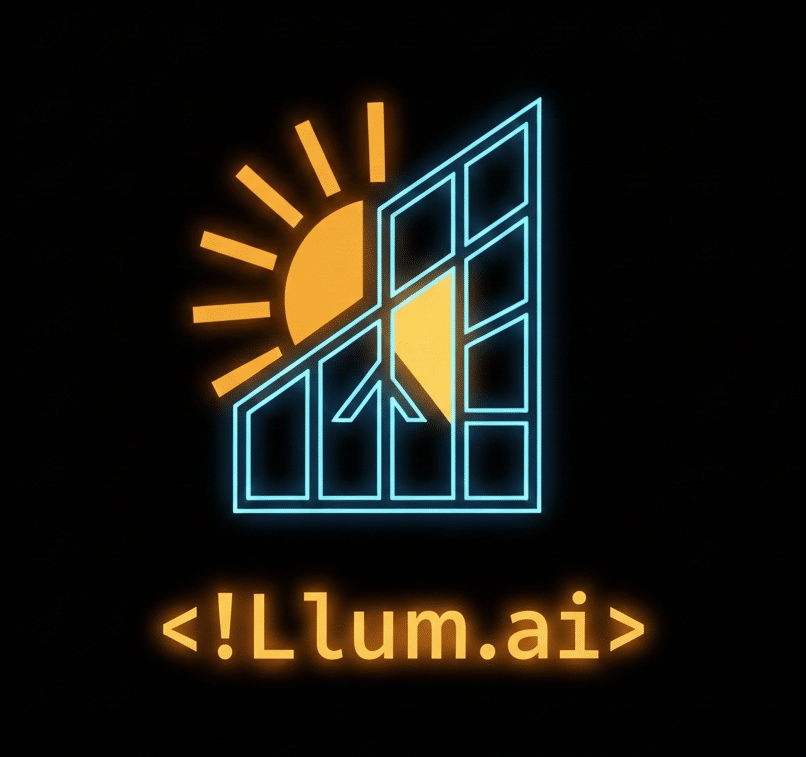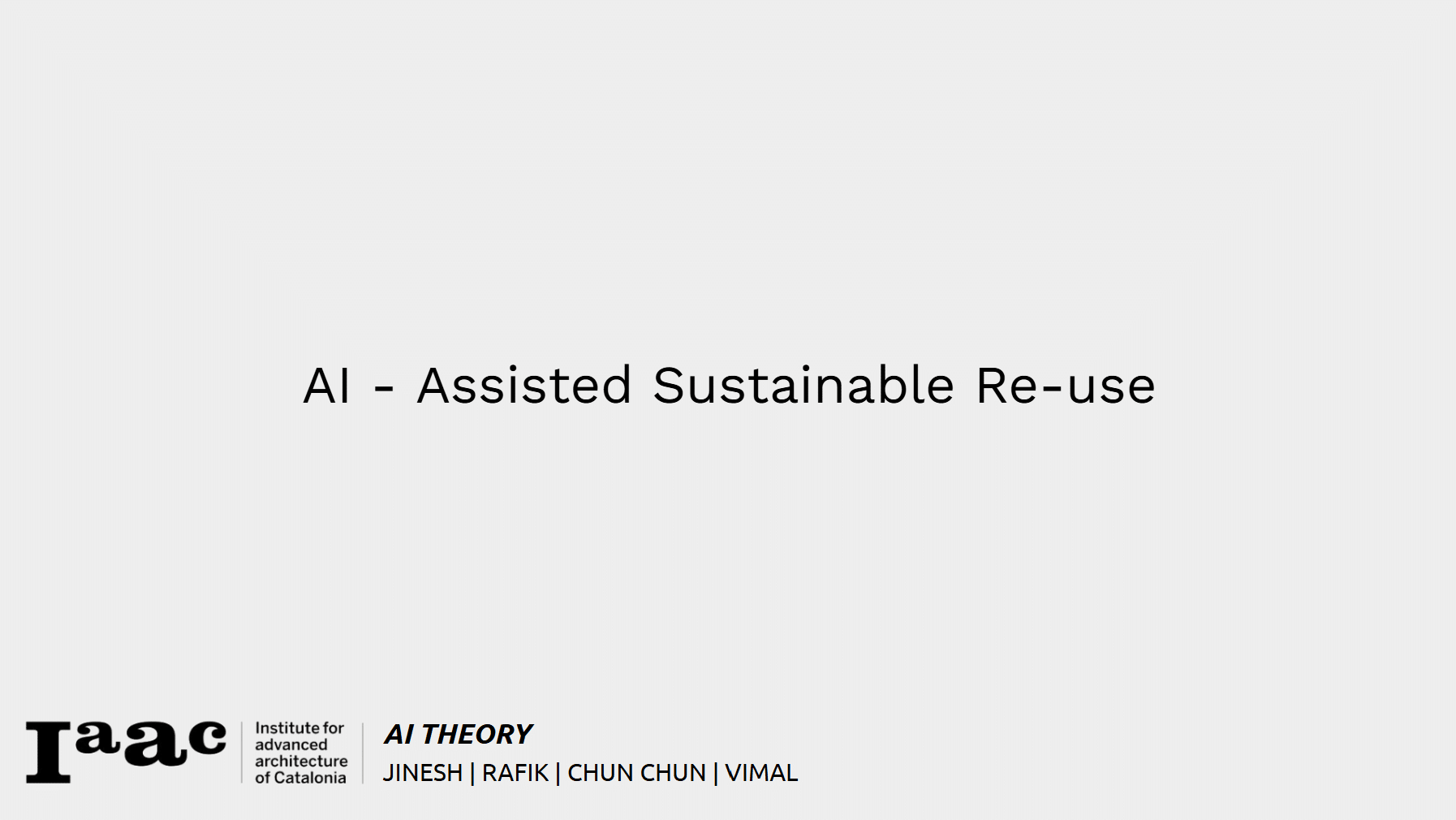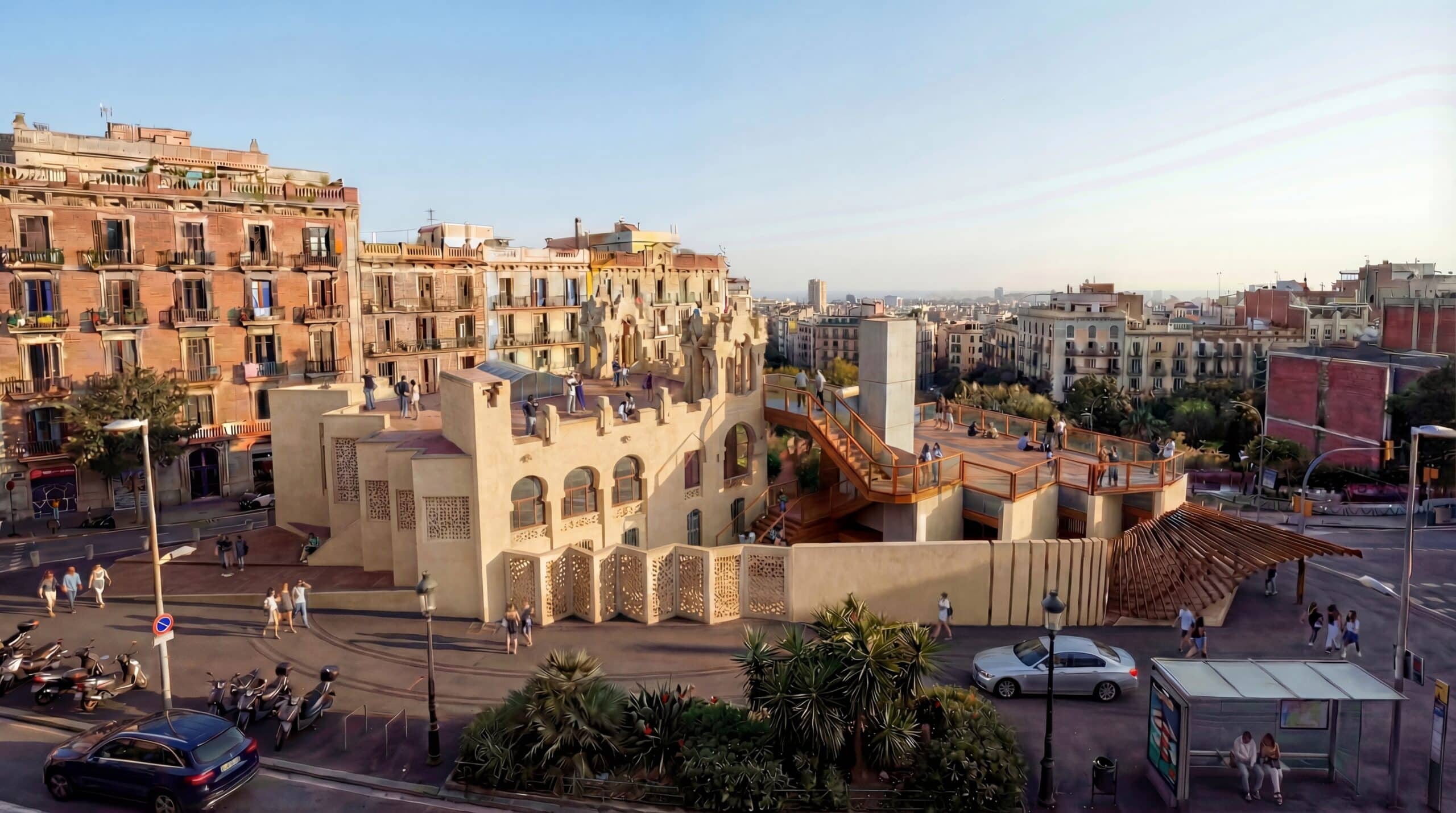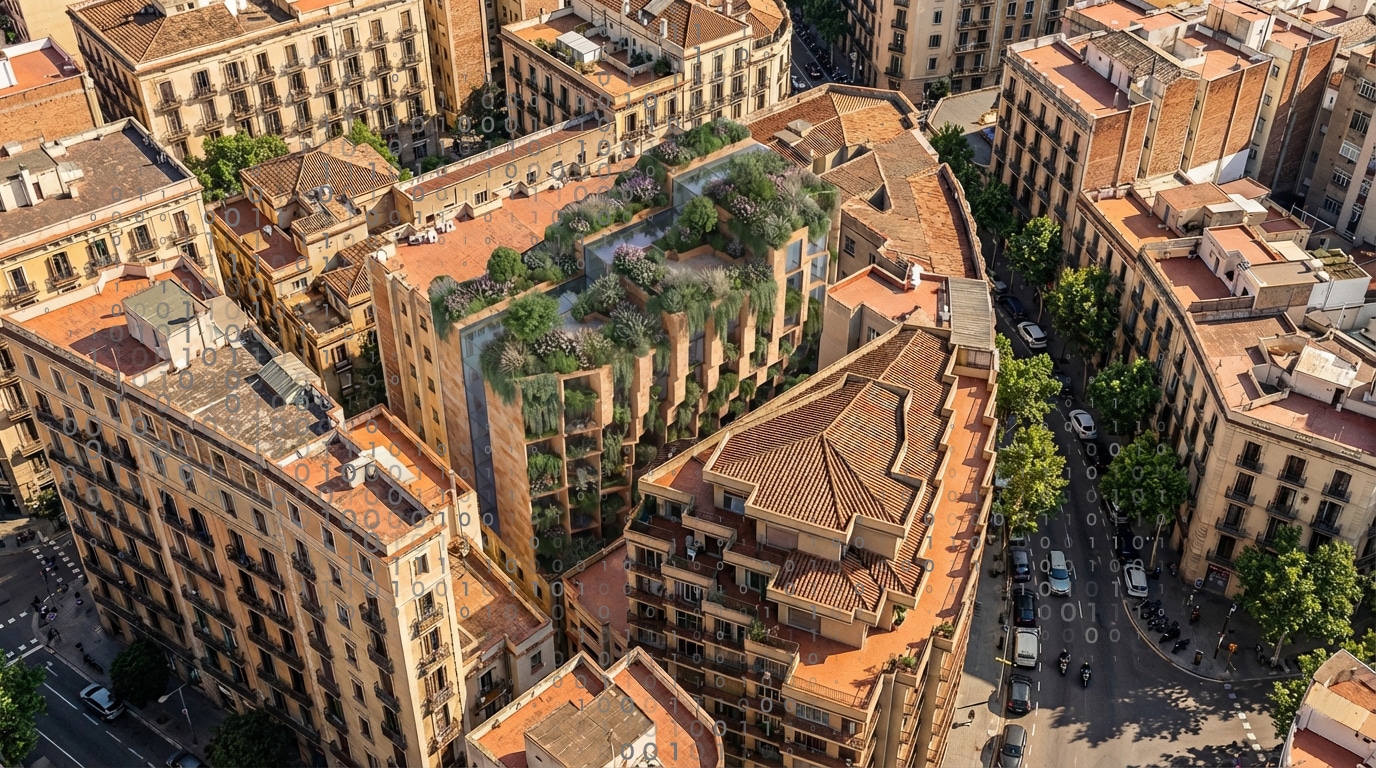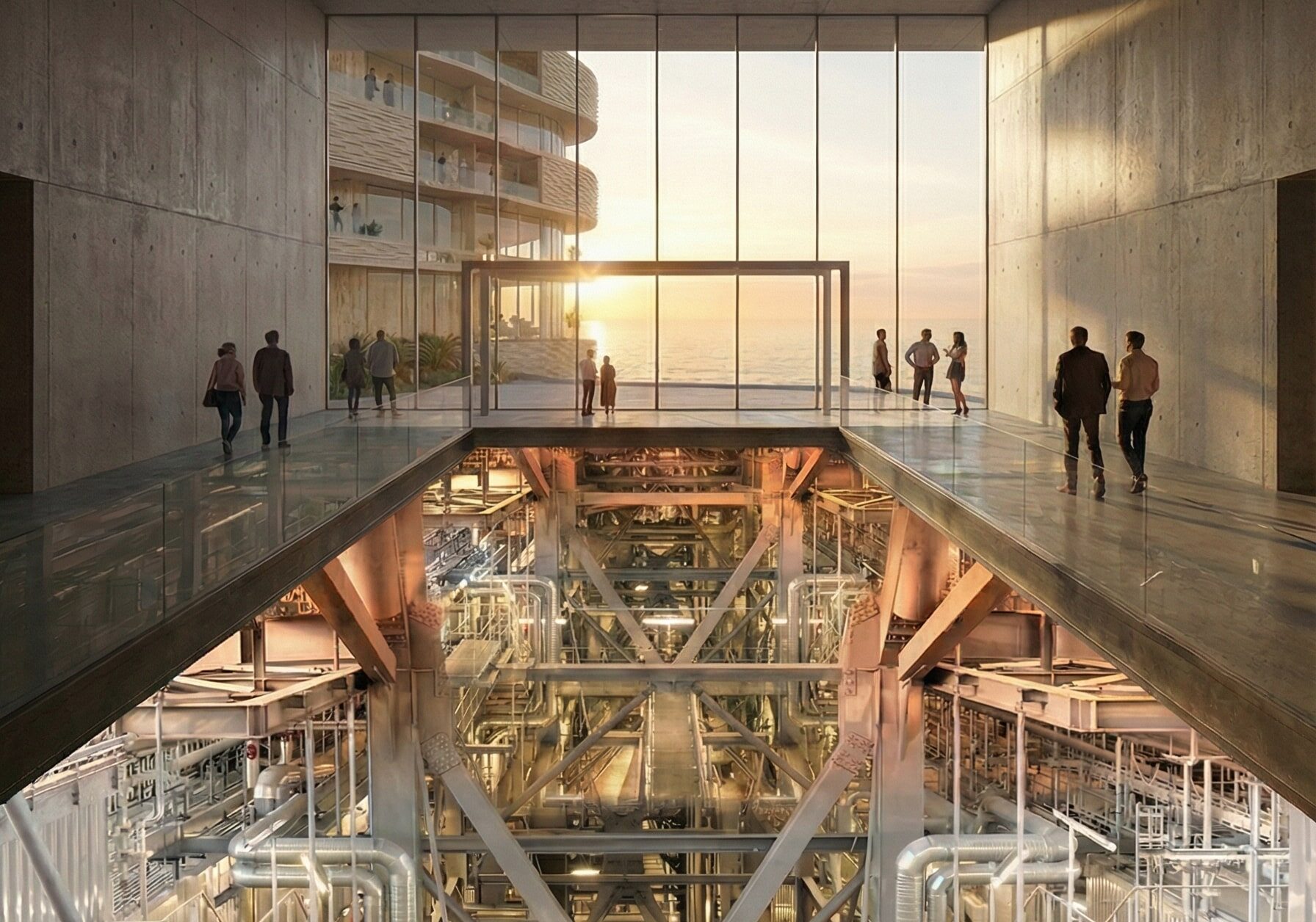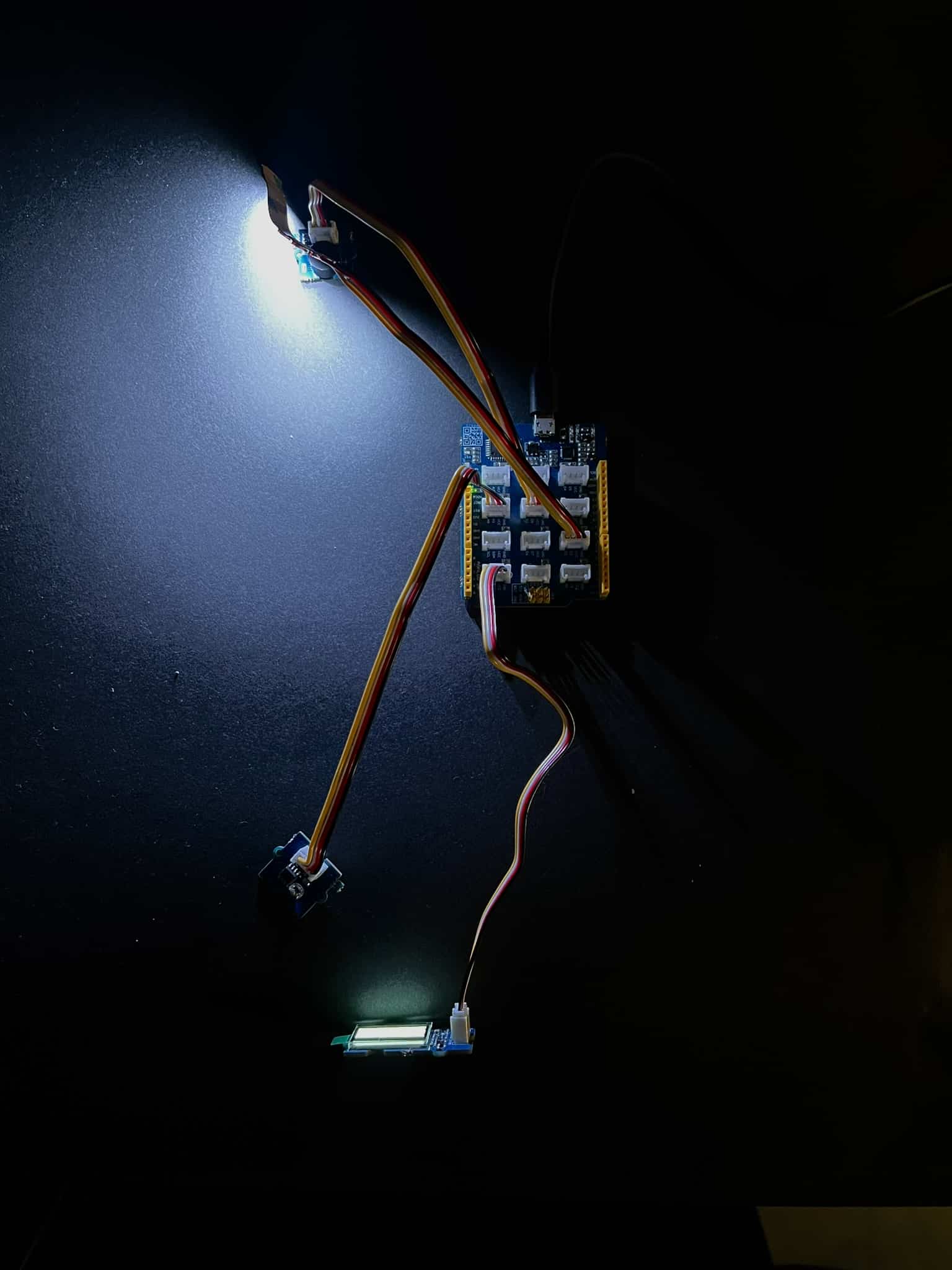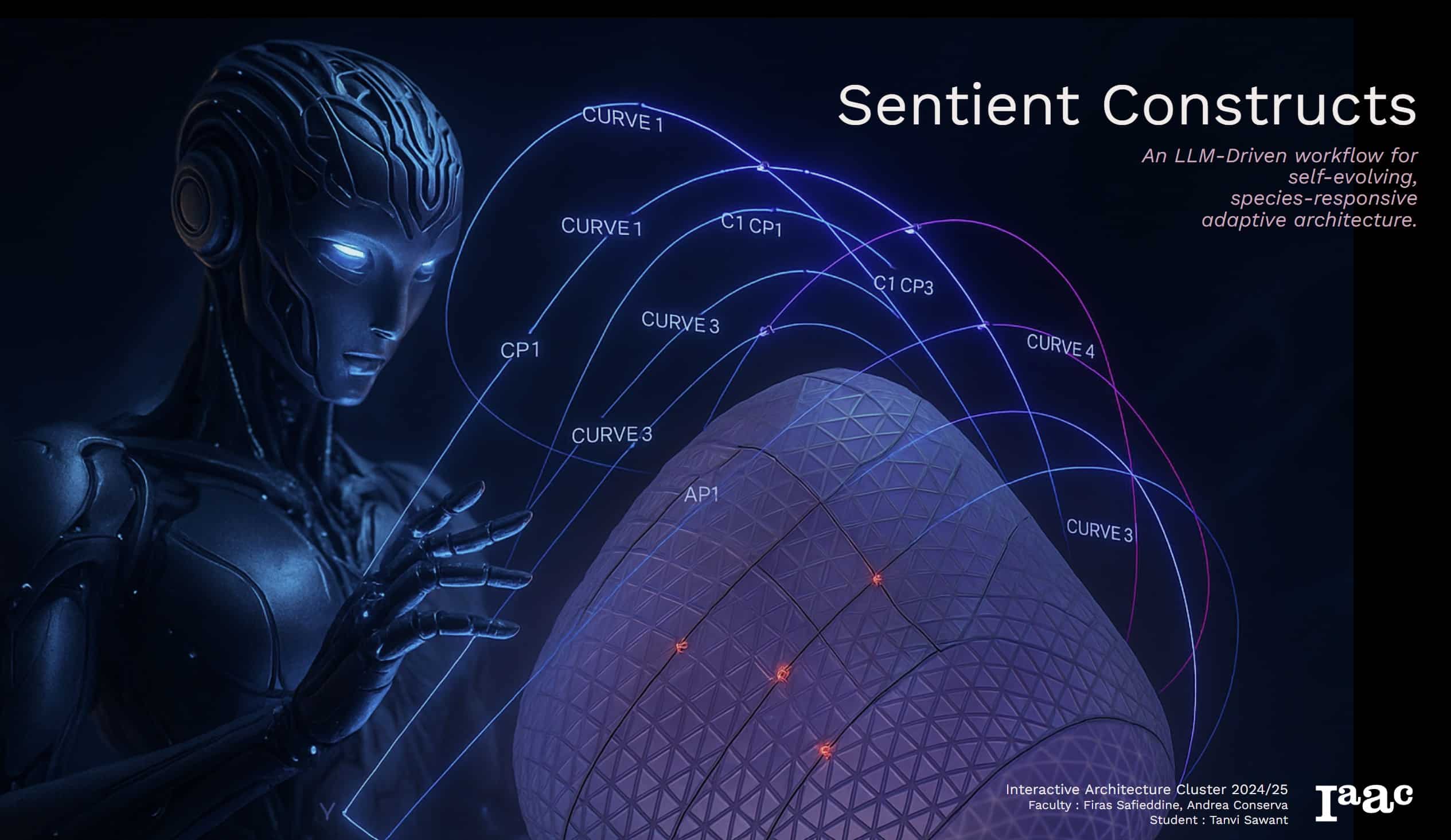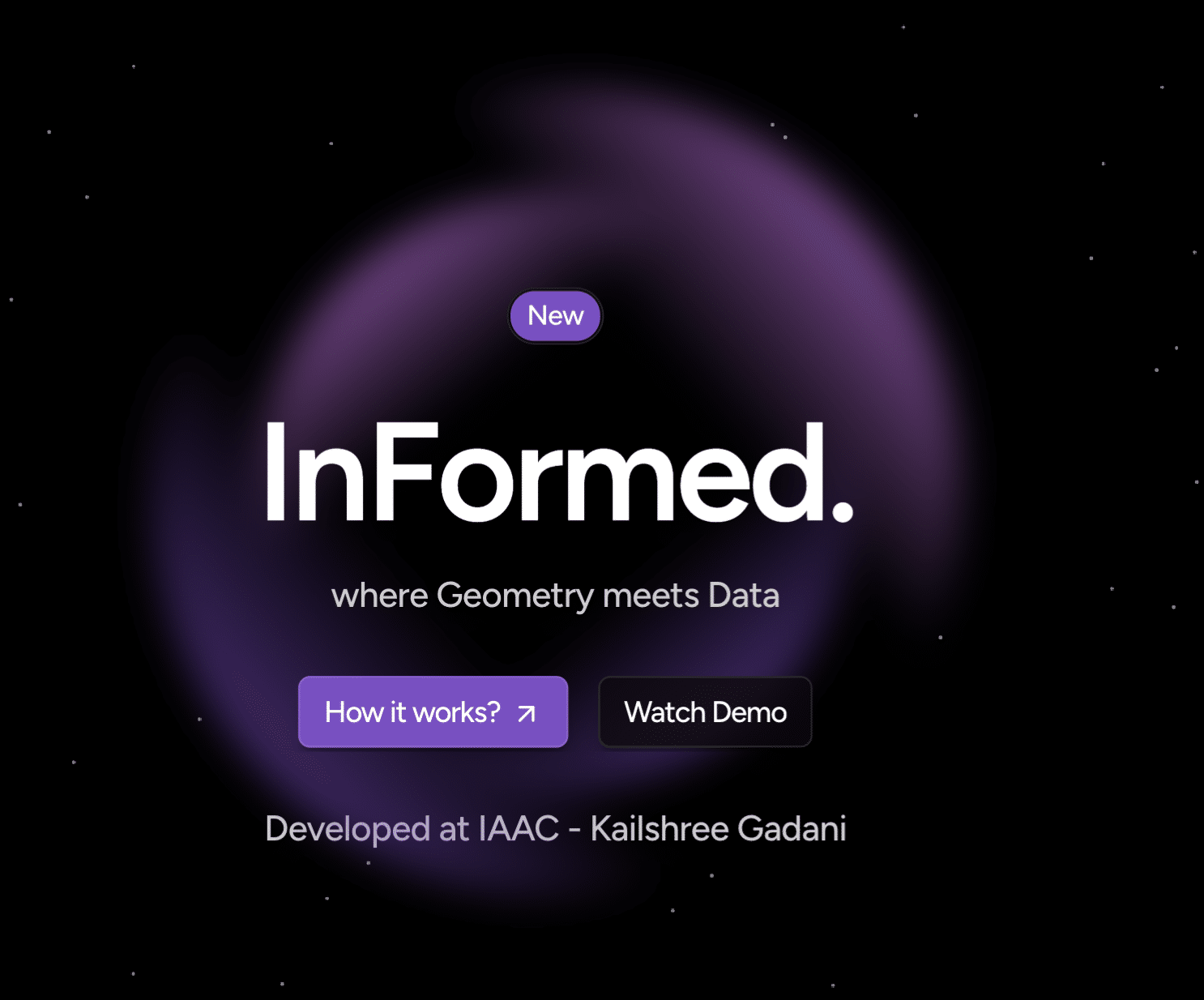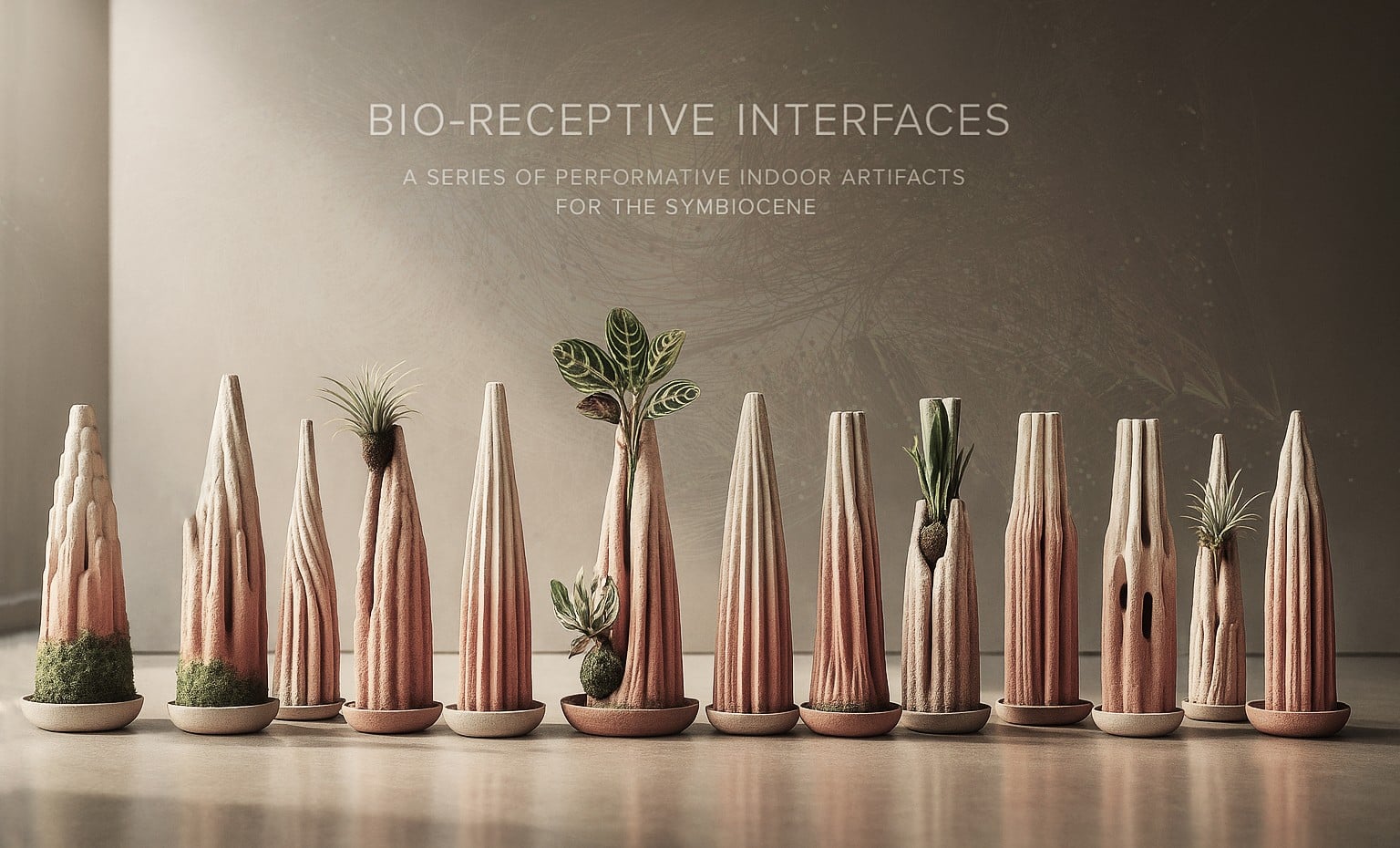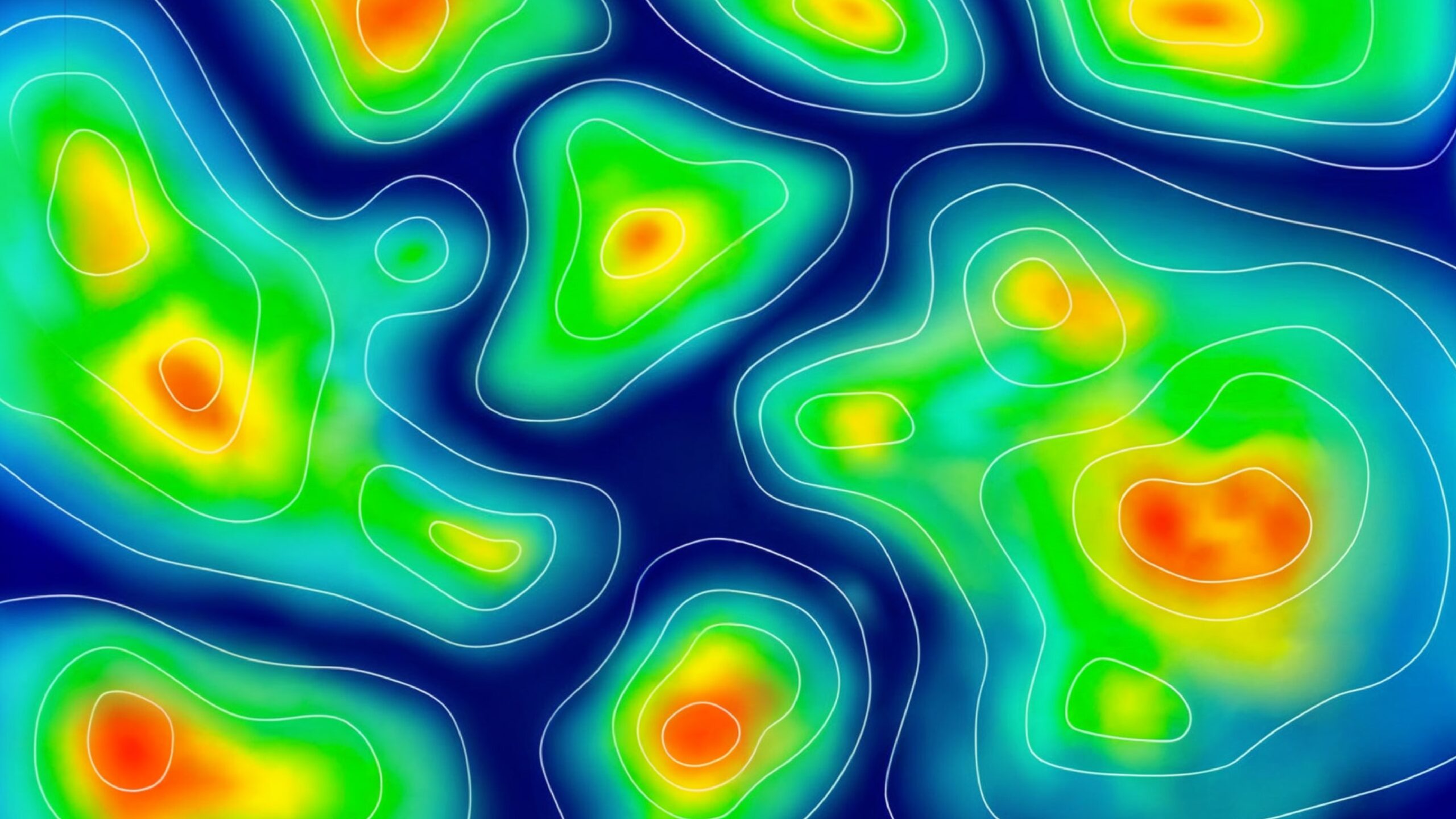The Wind Canopy
Our concept is about designing a pavilion that works with the wind instead of against it. We wanted to create a space that feels light, open, and alive a structure that shows movement even when it stands still. We see wind not just as a natural force, but as something that shapes space. The pavilion … Read more


